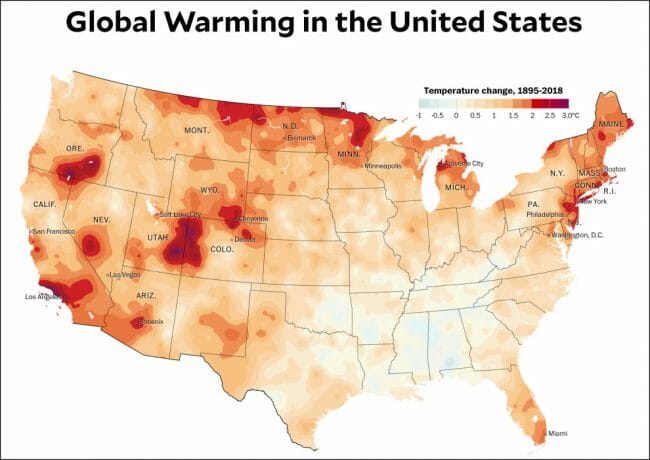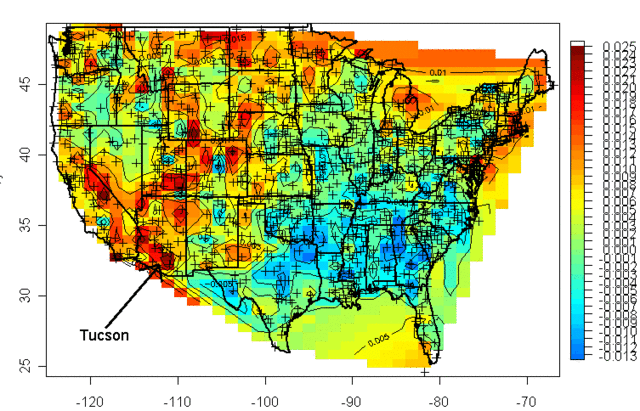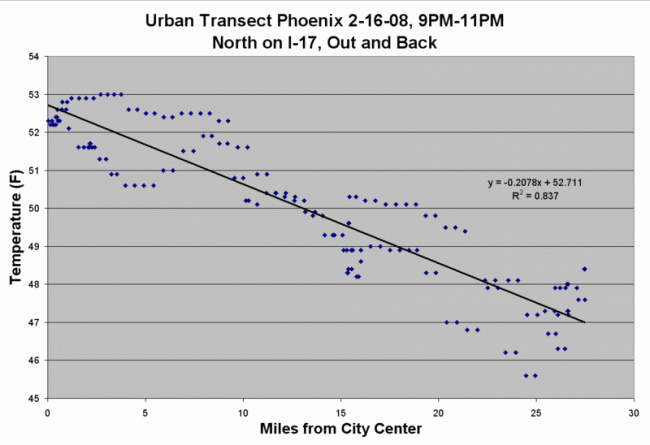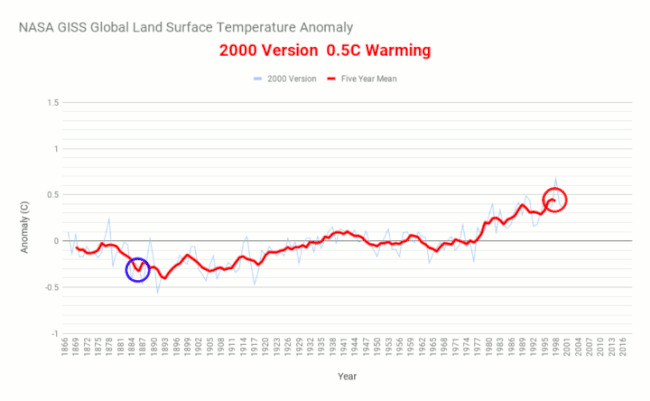Back in June, 2016 Tesla (a car maker) made an offer to buy SolarCity (an installer of rooftop solar). One does not need 3 years of distance to figure out the acquisition made no sense, I (along with many others) thought it was crazy at the time:
I am sure there are probably some hippy-dippy green types that nod their head and say that this is an amazing idea, but any business person is going to say this is madness. It makes no more sense than to say GM should buy an oil production company. These companies reach customers through different channels, they have completely different sales models, and people buy their products at completely different times and have no need to integrate these two purchases. It is possible there may be some overlap in customers (virtue-signalling rich people) but you could get at this by having some joint marketing agreements, you don't need an acquisition. Besides, probably the last thing that people's solar panels will ever be used for is charging cars, since cars tend to charge in the garage at night when solar isn't producing.
SolarCity was burning cash like crazy -- not only was it selling below cost to grow market share, but it was paying all the costs of the solar installations up front and only getting repaid over time by homeowners through power purchases. Further, it was losing its access to the capital markets as investors became more skeptical about its management and business model. Frankly, it was facing chapter 11.
But wait! SolarCity's Chairman and largest investor, Elon Musk, was also the Chairman and majority investor in Tesla (Musk's cousin was SolarCity's CEO and founder and the two companies shared several other board members, including Musk's brother Fredo Kimbal). Tesla was hot in the way that SolarCity had been several years prior and still had access to the capital market and a stock with a sky-high valuation. So a combination was proposed. Tesla investors were skeptical, despite their being largely in the bag for Musk, so Musk then did a much ballyhooed solar shingle reveal. This seemed to be the technology of the future and helped close the deal.
Readers know I write a lot about Tesla and Musk but this deal was the beginning of my interest. At the time, in that original article, I knew little about Musk and his reputation and was reluctant to call this deal a self-dealing fraud (as I would today). Years of Musk's lies and outrageous promises have convinced me he is untrustworthy -- for just one example, the solar shingle reveal turned out to be a total fraud and to this day, three years later, there is still not a sell-able product.
In the community of Tesla critics, frustration #1 seems to be how bulletproof Musk's reputation is in the media. For many folks he is still a genius**, Tony Stark made real, the man of vision who is changing the world. Adding to his protective bubble is his ability to wrap himself in saving-mankind virtue. Critics of Tesla or Musk are immediately labelled as paid oil company operatives or uncaring enemies of the planet. Maintaining this image is important, because his companies all milk billions of subsidies from the government, from the state subsidies to build his various manufacturing plants to the subsidies for electric car sales to the subsidies for solar roof installations. A failure of his image might cause taxpayers to question all their money he is taking.
Well, you know this might be coming to an end when Vanity Fair, which is more likely to prop up a flawed virtue-signalling Left-leaning celebrity than dig up dirt on them, comes down hard on Musk and the SolarCity acquisition. This is a fabulous article that mainly focuses on the SolarCity acquisition and the Buffalo Gigafactory 2's $750 million in state subsidies generating about zero jobs there. But it also ventures briefly into many other niches of the Musk/Tesla fraud story. I recommend the whole thing. Most all of this has been discussed in the Tesla skeptic community for years but kudos to Vanity Fair for starting what I hope will be a general trend of increased skepticism in major media about Musk and Tesla.
**Postscript: I am absolutely convinced Musk is not an engineering or scientific genius (he may be a promotional genius, though). He is a master at saying things that sound smart to the average person, but sound ridiculous to an expert in that field. Tesla skeptics even have a word for it, the "revelation," and stories abound of people saying, "I thought Elon Musk was a genius until he started talking about something I knew a lot about...."
While PT Barnum is sometimes suggested as an analogy for Musk, the best analogy I can come up with is Ferdinand de Lesseps, leader of the effort to build the Suez canal and author of the French disaster trying to build a canal in Panama. De Lesseps, after Suez, was the greatest hero in France -- he was considered a genius and called the "great engineer." But in fact he was not an engineer at all, but a dogged promoter and money raiser with big visions. If you want to understand Elon Musk, read the first third of the David McCullough book "The Path Between the Seas" which covers the French efforts at Panama (then read the whole book because it is all wonderful).
Postscript #2: My moment of revelation was Musk's hyperloop, which seems to entrance politicians and Popular Science types but which has never made a bit of sense to me.
So here is the story so far: We know that the main barrier to high speed rail projects is that they are astonishingly expensive to build and maintain given the high cost of the right-of-way acquisition and building track to the very high standards necessary to support safe high speeds. See for example California high speed rail, which is following some sort of crazed Moore's law where the cost estimate doubles every 18 months.
So we are going to fix the cost problem by ... requiring that the "track" be a perfectly smooth sealed pressure vessel under vacuum that is hundreds of miles long? What about this approach isn't likely an order of magnitude more expensive than rail? The prototype above which allows only one way travel cost about a billion dollars per mile to build. And with a lot less functionality, as current prototypes envision 10-20 person sleds, one step beyond even the worst airline middle seat in terms of likely claustrophobia, and less than half the capacity of a bus. It would take 15-20 of these sleds just to move the passengers from a typical aircraft. Not to mention the fact that there is no easy way to do switching and a return trip requires a second parallel track. All to reach speeds perhaps 20% higher than air travel.
Postscript #3: I hope this (from the Vanity Fair article) is true, but I doubt it:
Everyone in Albany, says the longtime lobbyist, has accepted that the Buffalo plant is a “disaster”—a poster child for why government giveaways to big companies don’t work.
Postscript #4: To be fair, Lynette Lopez is a reporter that has had her eyes open to Tesla for quite a while and has done some good reporting.
Postscript #5: I should have mentioned that Bethany McLean, author of the Vanity Fair article, cut her teeth on helping to bring down Enron.







